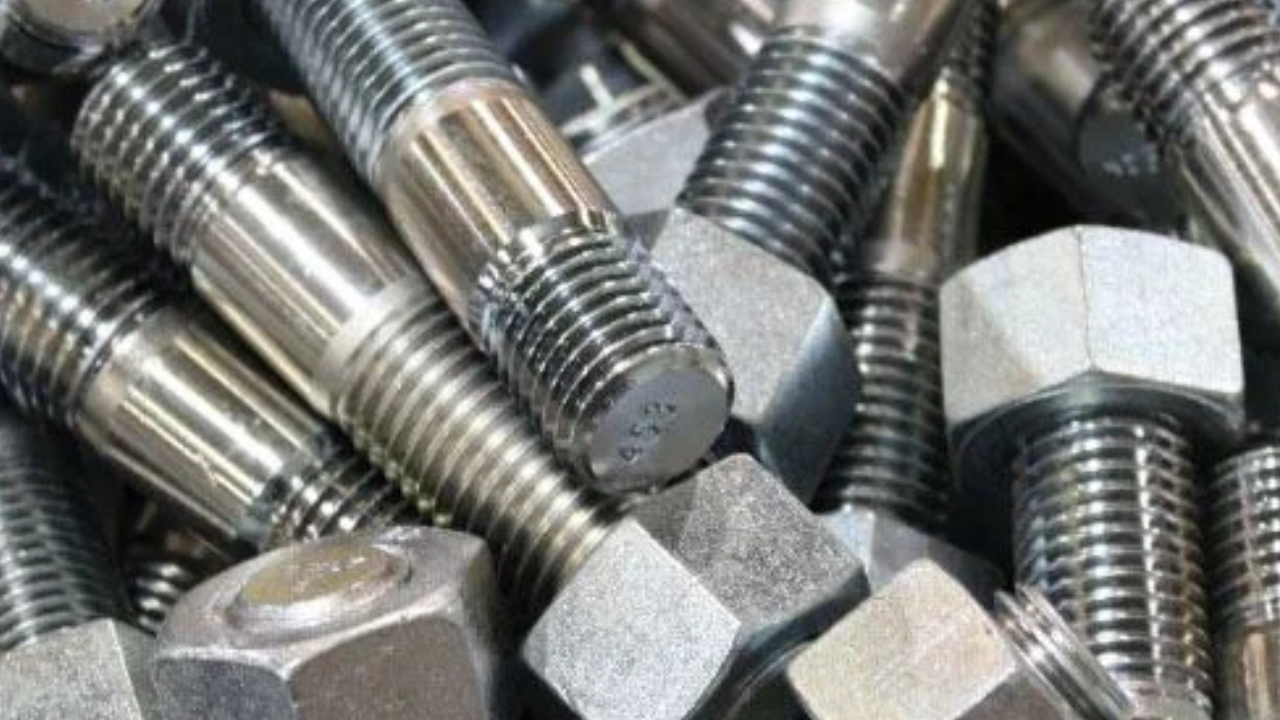Stainless steels, especially grades 304 and 316, are favored in SS Nuts creating for their unmatched properties. These amalgams grant predominant mechanical quality, disintegration resistance, sturdiness, and adaptability, catering to distinctive mechanical needs. Their capability to stand up to unforgiving circumstances ensures reliable attaching courses of action. Underneath, we burrow into the compelling reasons behind the distant coming to slant for 304 and 316 stainless steels in the jolt nut era.
Properties and Applications of 304 and 316 Stainless Steels in Lock Nut Creating
Here’s a nitty coarse examination of why 304 and 316 stainless steels are favored for manufacturing jolt nuts.
➔ Disintegration Resistance
304 stainless steel, composed of 18% chromium and 8% nickel, is known for its extraordinary disintegration resistance, making it well-known in mechanical applications, food care, and family devices. 316 stainless steel, with 16% chromium, 10% nickel, and 2-3% molybdenum, is idealized for unforgiving circumstances like marine applications, chemical taking care, and pharmaceutical creating due to its transcendent setting and cleft disintegration resistance.
➔ Mechanical Properties
Both 304 and 316 stainless steels have solid mechanical properties, counting tall ductile quality and great ductility, which are vital for lock nuts. 304 contains a ductile quality of 505 MPa and great prolongation, making it solid and adaptable for different applications. 316, somewhat lower in ductile quality, offers prevalent resistance to push erosion splitting, particularly in high-stress situations, making it a favored choice for bolt nuts.
➔ Temperature Resistance
304 and 316 stainless steels are vital for bolt nuts in fluctuating temperatures. 304 can withstand temperatures up to 870°C irregularly and 925°C persistently, whereas 316 is marginally prevalent in high-temperature solidness, able to resist persistent benefit up to 925°C and discontinuous benefit up to 870°C, and keeps up sturdiness and quality at cryogenic temperatures.
➔ Workability and Creation
304 and 316 stainless steels are profoundly workable, making them perfect for fabricating bolt nuts. They can be effectively cold-shaped, permitting the generation of complex shapes and high-strength components without warm treatment. Even though austenitic stainless steels can be challenging to machine due to their inclination to work solidify, legitimate tooling and methods can productively deliver high-quality bolt nuts.
➔ Sterile Properties
Both 304 and 316 stainless steels are perfect for nourishment handling, pharmaceuticals, and restorative gear due to their resistance to bacterial development and ease of cleaning. 304 stainless steel is commonly utilized in situations with strict sanitation necessities, whereas 316 stainless steel is favored in more exacting cleanliness situations due to its predominant resistance to cleaning specialists and chemicals.
➔ Life span and Support
Bolt nuts’ toughness is improved by the properties of 304 and 316 stainless steels. 304 offers great long-term execution in different situations, lessening support costs. 316 gives expanded solidness in cruel situations, advancing diminishing downtime and upkeep necessities.
➔ Cost-Effectiveness
316 stainless steel is more costly than 304 due to higher nickel and molybdenum content, but its long-term benefits frequently legitimize the introductory taking a toll. 304 is temperate for less requesting applications, whereas 316 offers predominant execution in forceful situations, making it reasonable for basic applications where disappointment isn’t a choice.
Conclusion
The choice of 304 and 316 stainless steels for fabricating bolt nuts is driven by their remarkable erosion resistance, mechanical properties, temperature execution, non-magnetic properties, workability, sterile qualities, and long-term toughness. These properties make them appropriate for a wide extend of applications, from common mechanical utilization to requesting situations such as marine, chemical, and pharmaceutical businesses. By advertising a combination of quality, solidness, and resistance to different natural components, 304 and 316 stainless steels guarantee that bolt nuts perform dependably, keeping up the judgment and security of mechanical congregations over differing applications.









